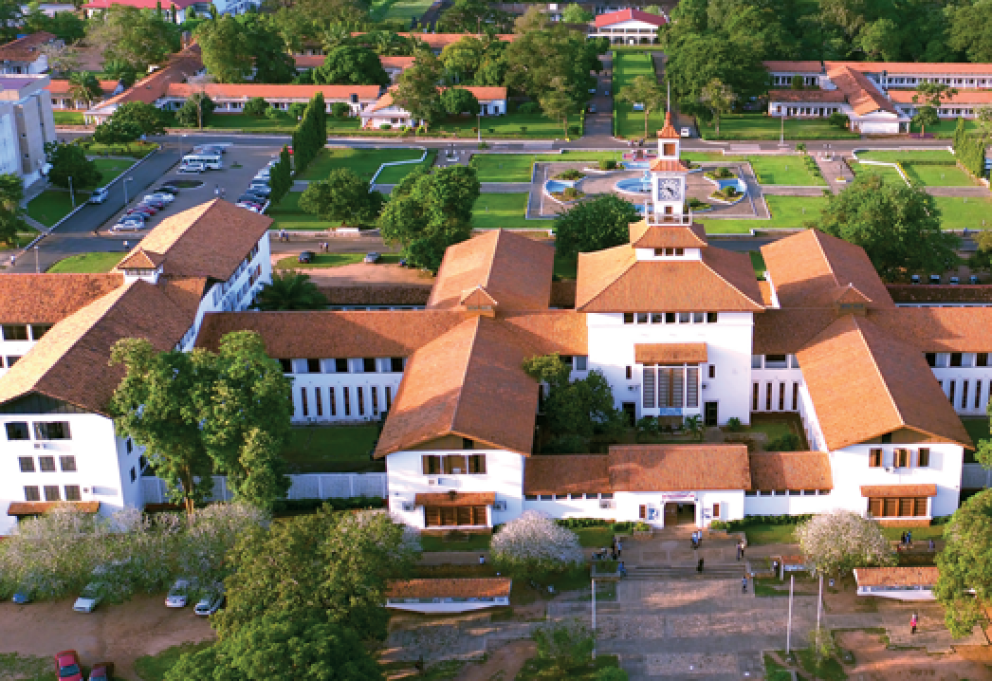Menu


CONTACT DETAILS
Get in touch with us
We can be reached by phone during our working hours.
Office Address
2 Frederick Street, Kings Cross, London, United Kingdom, WC1X 0ND.
Phone Number
+44 7418 361704
Ghana Branch
+233 0558272760
Email Address
uk@mgibes.co.uk